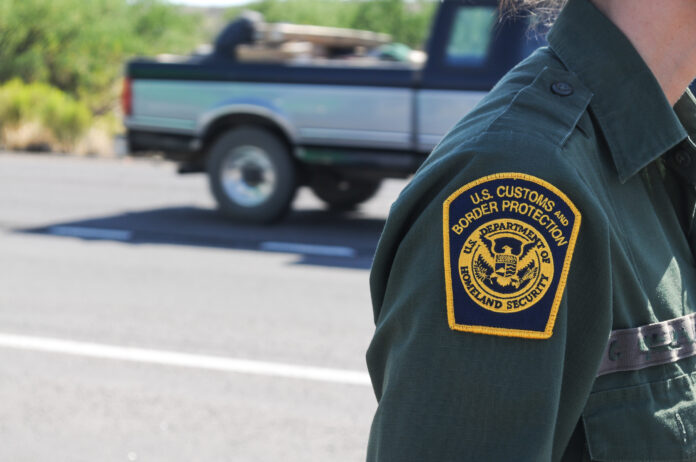Mexican President Andres Manuel Lopez Obrador announced on Thursday that Mexican and U.S. officials have agreed to keep border crossings open. This decision follows a visit by U.S. Secretary of State Antony Blinken, focusing on securing Mexico’s cooperation to address the record-high migration levels. Earlier this month, the United States temporarily closed several crossings, including key rail bridges, to reallocate enforcement resources amid a surge in migrant numbers, a critical issue in the upcoming U.S. elections.
Lopez Obrador stated in a press conference, “This agreement has been reached, the rail crossings and the border bridges are already being opened to normalize the situation.” He emphasized the increasing activity on the border bridges.
Describing the meetings with the U.S. delegation, which included Blinken and Homeland Security Secretary Alejandro Mayorkas, as “direct,” Lopez Obrador praised the Biden administration’s relationship with Mexico. He noted that President Biden understands the connection between migration and poverty.
Earlier in the month, Lopez Obrador had expressed his commitment to assist the United States in enhancing measures to curb migration, without providing specific details. Currently, there is no additional information available about potential agreements reached during the bilateral talks.
These discussions occurred as hundreds of migrants and asylum seekers, including many with small children, are slowly making their way across southern Mexico. Although the caravan, reduced by Lopez Obrador to approximately 1,500 people, is unlikely to reach the U.S. border, it has brought attention to the challenges faced by those fleeing violence, conflict, poverty, and climate change.
Regarding the issue of fentanyl, the powerful opioid, the president mentioned that it was “hardly discussed” during the meeting. The United States has been urging Mexico to take stronger action against fentanyl trafficking, while Mexico has been advocating for enhanced U.S. controls to prevent firearms from reaching drug cartels across the border.
By: Montana Newsroom staff




